What is the meaning of Nigerian traditional attire, like agbada, iro, and buba?
Traditional Nigerian attire is deeply rooted in the diverse cultures and histories of the various ethnic groups within the country. Each piece of clothing carries significant meanings and is worn for different occasions and purposes.
Wearing traditional Nigerian attire has its meanings and cultural significance of some of the most prominent traditional attires: agbada, iro, and buba.
Agbada:
The agbada is a flowing, wide-sleeved robe traditionally worn by men. It is especially popular among the Yoruba people but is also worn by other ethnic groups. The agbada is typically made from richly woven materials such as cotton, silk, or brocade, and it often features intricate embroidery.
Wearing an agbada is a symbol of prestige and respect, often reserved for special occasions such as weddings, funerals, and important festivals. It signifies the wearer’s social status and is a display of wealth and sophistication.
Iro:
The iro is a traditional wrap-around skirt worn by women, predominantly among the Yoruba people. It is usually made from brightly colored or patterned fabrics such as Ankara or lace. The iro is wrapped around the waist and tied to create a fitted look, often paired with a matching buba (blouse).
The iro is more than just a piece of clothing; it represents femininity, grace, and cultural heritage. It is commonly worn during cultural celebrations, religious ceremonies, and social gatherings. The choice of fabric and design can also indicate the wearer’s social status and personal style.
Buba:
The buba is a loose-fitting blouse with wide sleeves, worn by both men and women, though styles and fit may differ. For women, the buba is often paired with the iro, while for men, it is typically worn with trousers or a wrapper.
The buba is made from various materials, including cotton, silk, and lace, and can be adorned with embroidery or other decorative elements. The buba is a versatile garment that can be worn for everyday activities or formal events.
It serves as a symbol of cultural identity and unity, reflecting the rich heritage of the Nigerian people.
In conclusion, Nigeria’s traditional attires like agbada, iro, and buba are more than just clothing; they are expressions of cultural identity, social status, and personal style. Each piece carries historical and cultural significance, making them an integral part of Nigeria’s rich cultural tapestry.
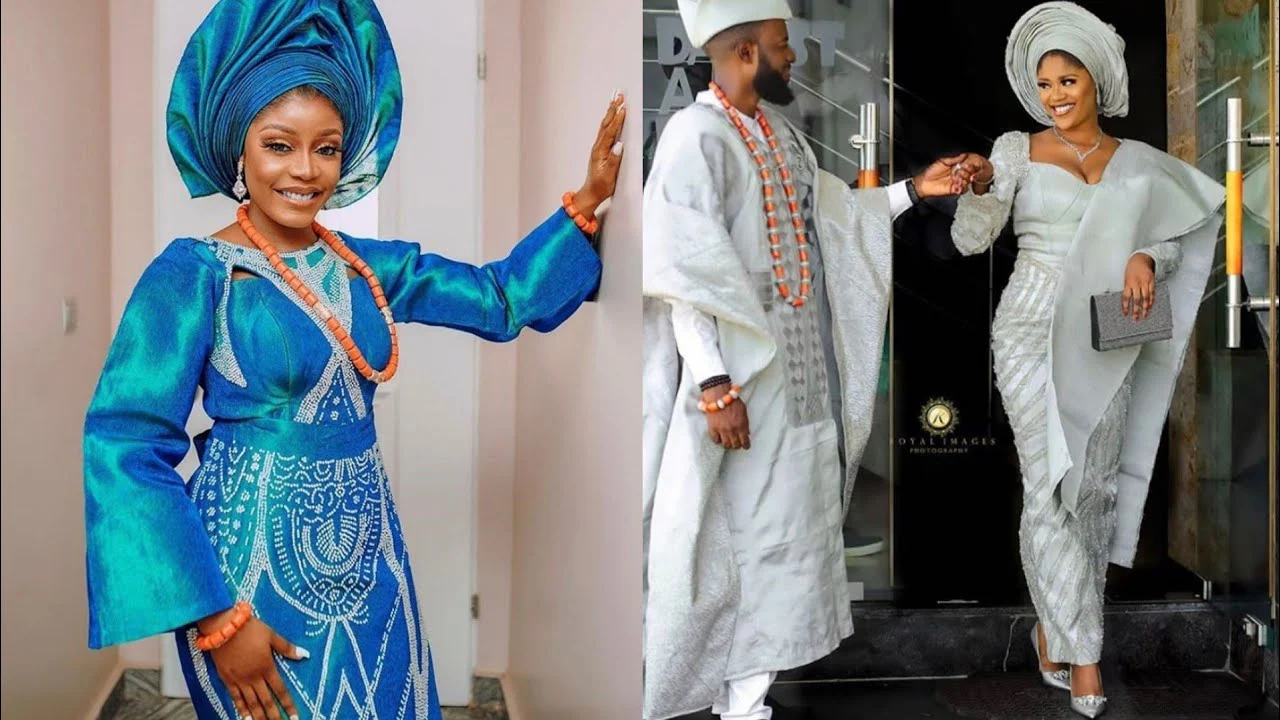

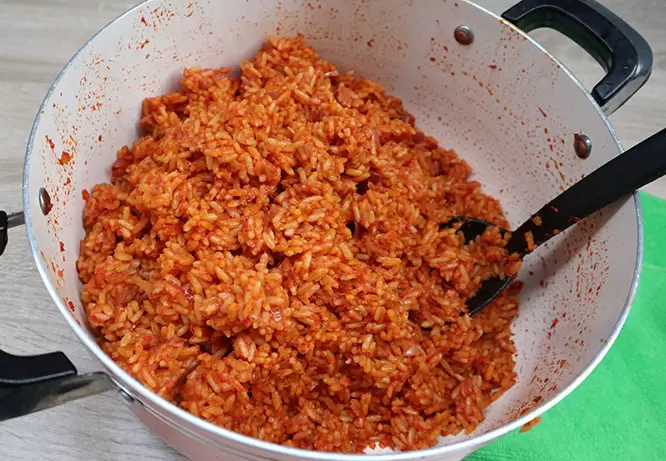



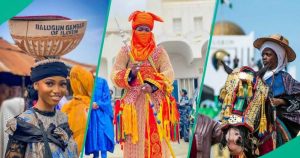





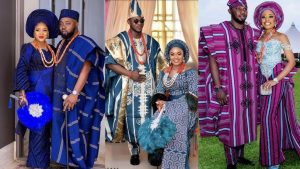
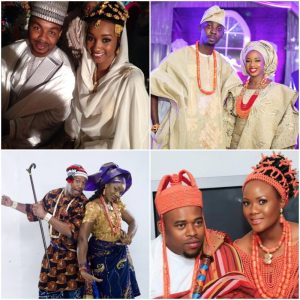
Post Comment